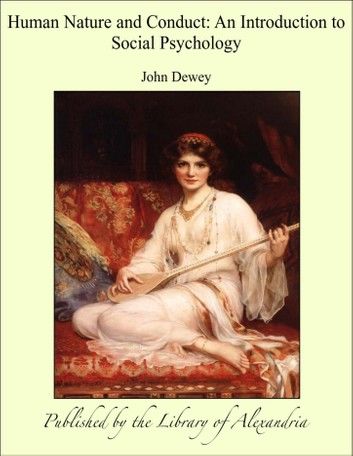| FindBook |
有 3 項符合
Human Nature and Conduct: An Introduction to Social Psychology的圖書 |
 |
Human Nature and Conduct: An Introduction to Social Psychology 作者:Dewey 出版社:Digireads.Com 出版日期:2012-01-01 語言:英文 規格:平裝 / 130頁 / 22.9 x 15.2 x 0.8 cm / 普通級 |
| 圖書館借閱 |
| 國家圖書館 | 全國圖書書目資訊網 | 國立公共資訊圖書館 | 電子書服務平台 | MetaCat 跨館整合查詢 |
| 臺北市立圖書館 | 新北市立圖書館 | 基隆市公共圖書館 | 桃園市立圖書館 | 新竹縣公共圖書館 |
| 苗栗縣立圖書館 | 臺中市立圖書館 | 彰化縣公共圖書館 | 南投縣文化局 | 雲林縣公共圖書館 |
| 嘉義縣圖書館 | 臺南市立圖書館 | 高雄市立圖書館 | 屏東縣公共圖書館 | 宜蘭縣公共圖書館 |
| 花蓮縣文化局 | 臺東縣文化處 |
|
|
圖書介紹 - 資料來源:樂天KOBO 評分:
圖書名稱:Human Nature and Conduct: An Introduction to Social Psychology
The history of the Scottish nation has, unfortunately, been stained with many foul crimes, perpetrated either to serve personal ends and private ambition, or under the pretence of effecting the increased welfare of the people. These have given life to a large amount of literature, much of it from the pens of some of the most distinguished legal and antiquarian authors the country has produced, such as Arnot, Pitcairn, MacLaurin, Burton, and others. But of all the criminal events that have occurred in Scotland, few have excited so deep, widespread, and lasting an interest as those which took place during what have been called the Resurrectionist Times, and notably, the dreadful series of murders perpetrated in the name of anatomical science by Burke and Hare. The universal interest excited at the time of these occurrences, also, has called forth a great quantity of fugitive literature; and as no narrative of any considerable size, detailing in a connected and chronological form the events which bulk so largely in the history of the country, had yet appeared, the considered a volume such as the present was required to fill up an important hiatus in the criminal annals of his country. In the preparation of this work the has had a double purpose before him. He has sought not only to record faithfully the lives and crimes of Burke and Hare, and their two female associates, but also to present a general view of the Resurrectionist movement from its earliest inception until the passing of the Anatomy Act in 1832, when the violation of the sepulchres of the dead for scientific purposes was rendered unnecessary, and absolutely inexcusable. He has, in carrying out this object, endeavoured to give due prominence to the medical and legal aspects of the whole subject; and to the social effects produced by the movement throughout the century and a half during which it flourished in Scotland. In order to do this the has consulted books, newspapers, and documents of all kinds, and has sought, where that was possible, to supplement his information by oral tradition. But in addition, he has, in the body of the work, and in the Appendix, brought together stray ballads, and illustrative cases and notes, which help to give a better and fuller understanding of the historical aspect of the question, and of its influence on the minds of the great bulk of the Scottish people. The has to express his thanks to the many gentlemen who have kindly allowed him access to their rare and valuable collections, from which he derived great assistance in the course of his investigations. Glasgow, May, 1884
|











